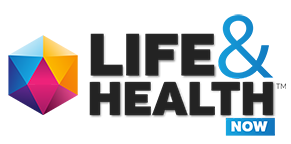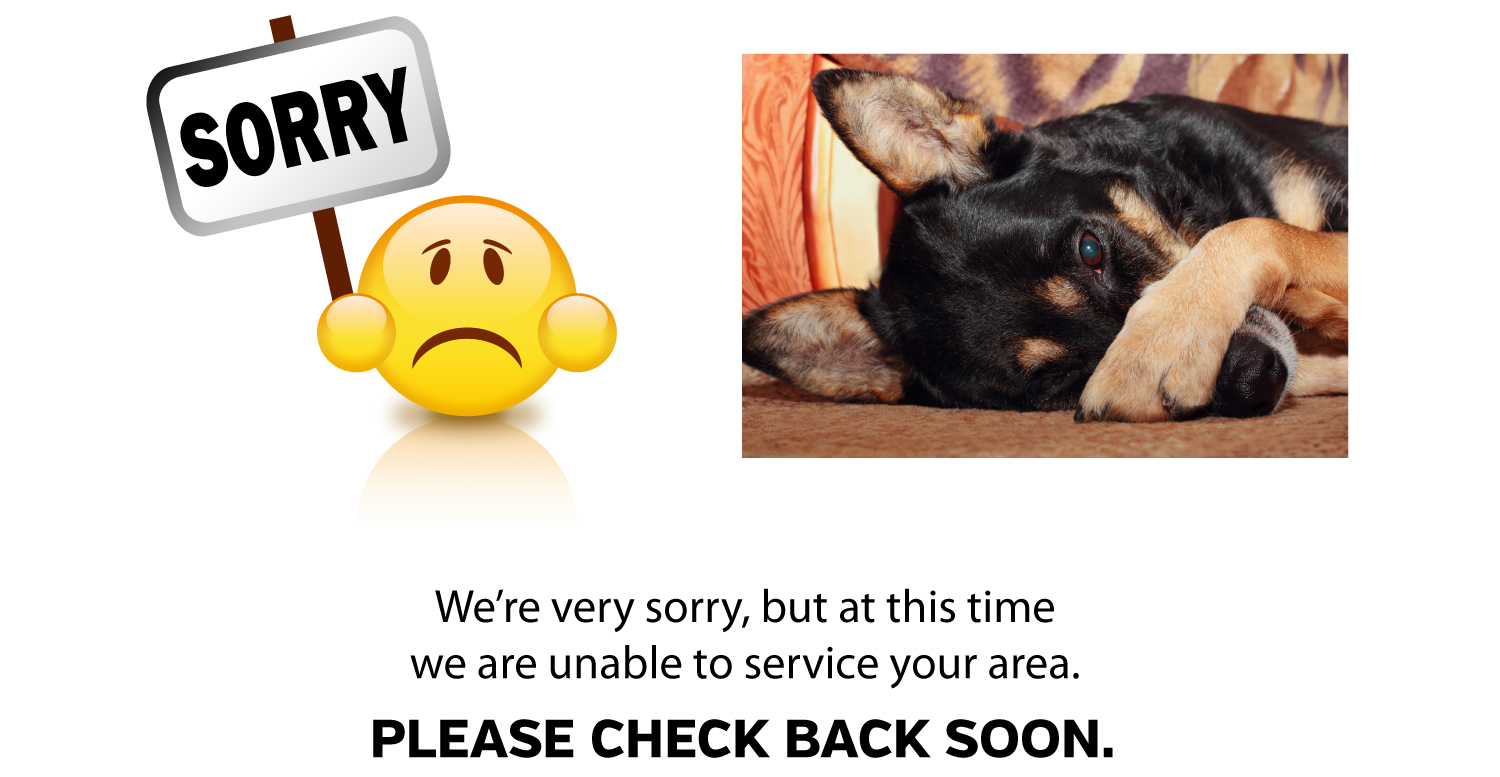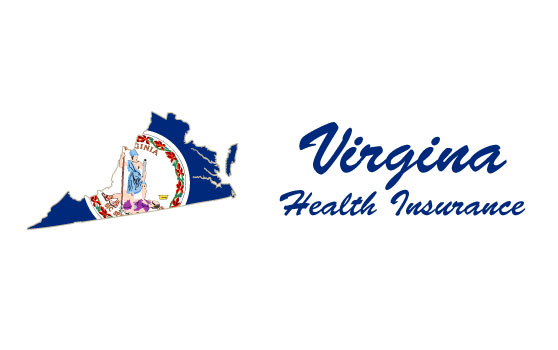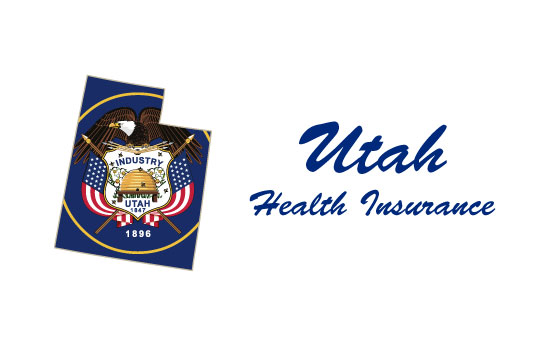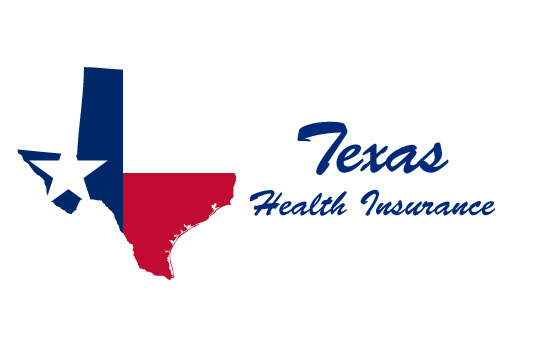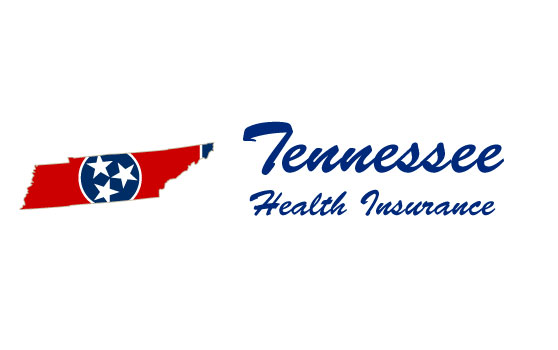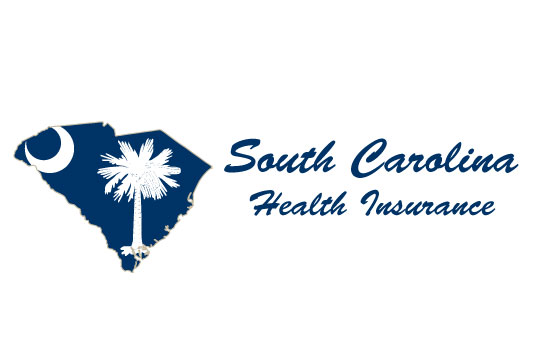Healthcare is changing, but we’re adapting to meet your needs. Our company provides West Virginia with excellent health coverage and affordable plans. Our commitment as a trusted leader in providing health insurance to West Virginians, will always be to offer excellent customer experiences and to offer value-based products for all of your health insurance needs.
Topics Covered On This Page: Click on any of the links below and proceed directly to the section.
In a hurry? We understand, if you prefer to just receive a quote right away, you can use our Quick Quote request and find the lowest cost, cheapest health insurance premium with the coverage that fits you or your family today.

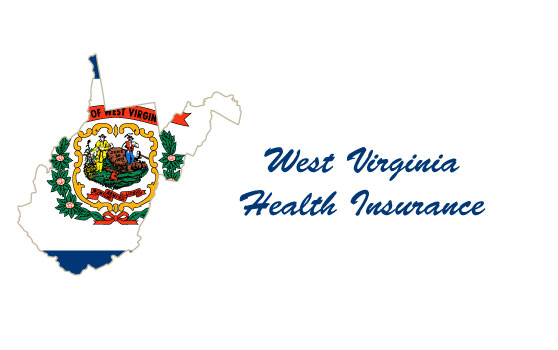
We can help you address crucial medical concerns by providing access to affordable medical coverage for individuals and families. All healthcare inquiries are of course addressed through a network of qualified Health Insurance Providers. By having the proper health insurance, you’ll never have to worry about having access to clinical experts who specialize and practice medicine in the areas that you need, when you need it.
Most health insurance companies that we work with offer access to telemedicine, which means you’ll have 24/7 access to healthcare professionals, online prescription services, and home testing kits. If you do have questions, we invite you to contact us today. Our licensed agents are available to help answer your questions regarding health insurance coverages offered.
Health Insurance Cost in West Virginia
If you’re asking yourself, how much will it cost to purchase a health insurance policy, for myself or my family in West Virginia, let’s take a look at what West Virginians are currently paying. The average individual health insurance premium in West Virginia (for a benchmark plan) is about $628 in 2020 and projected to be $654 in 2021. These estimates are from the Kaiser Family Foundation Health Insurance Marketplace Calculator.
The average premium for a family plan is around $1,020/month. However, it’s important to keep in mind that the monthly premium will vary based on a variety of factors. According to healthcare.gov there are five main factors which can affect a plan’s monthly premium: location, age, tobacco use, plan category, and whether the plan covers dependents.

Why Choose Us?
What makes Life & Health Now stand out in today’s market, is our professional and friendly team. Our focus is on delivering value and positive health care shopping experiences to each and every client.
As a team, we don’t settle, and we are all in it together; we apply this thinking to help our customers thrive and live better lives by eliminating their concerns over choosing the right insurance provider.
Cheap Health Insurance in West Virginia:
What is Health Insurance?
The purpose of health insurance is to cover the majority of costs related to medical care and treatment of illnesses and injuries; this includes surgical, medical, prescription medication, and some dental expenditure.
If you are unable to work because of an illness or injury, health insurance may reimburse you and/or directly pay your healthcare provider.
Most individuals acquire health insurance through their employer, but you can also receive health insurance privately or through a State exchange. You are likely to encounter different terms that describe your financial responsibility for coverage and payments; these are:

Premium:
The monthly payment amount which you pay for health insurance is called a premium. It’s normal to have extra insurance related costs in addition to your monthly premium, such as your deductible, copayments, and coinsurance.
Because of these additional costs, it’s a good idea to keep in mind when you’re shopping around for your health insurance that the policy with the lowest monthly premium may not end up being the least expensive for you or your family, before the year is over. If you’re anticipating frequent medical visits, it may be to your advantage to pay a slightly higher monthly premium with a lower deductible, than to pay a lower monthly payment with higher deductible.
Deductible:
This is the amount you pay for covered health care services before your insurance plan starts to pay. With a $5,000 deductible, for example, you would pay the first $5,000 of covered services for the year, out of your own pocket. After you pay an amount equal to your deductible amount (deductible amounts do vary depending on your policy), you will then usually pay for a portion of the covered services, this is called a copayment or coinsurance for your covered services.
Copay:
A set amount (for example, $25) that you pay for a covered health care service after you’ve paid your deductible. Let’s say your allowable cost for a doctor’s office visit is $100. Your copayment for a doctor visit is $25.
Coinsurance:
The percentage of costs of a covered health care service that you pay out of pocket. Let’s use an example of 30% and a $2,000 annual deductible. Let’s assume that you’ve paid $2,000 out of pocket towards your health insurance cost for the year. Let’s also assume that your health insurance plan’s allowed amount for an office visit cost is $100 and your coinsurance percentage is 30%. Since you’ve paid your $2,000 deductible: You pay 30% of $100, or $30. In this scenario, if you have not paid your deductible for the year, let’s say you’ve only paid $1200 towards your yearly covered medical expenses, then you would pay the full $100 and that would increase your deductible expense from $1200 out of pocket to $1300 for the year.
Types of Health Coverage
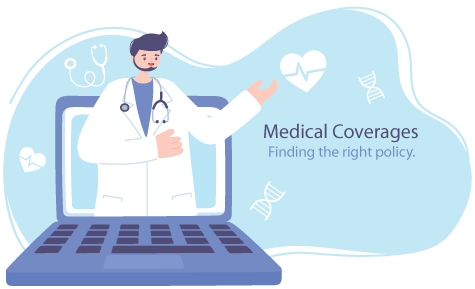
Health insurance is offered in a variety of health plan types. Your monthly cost will be determined by the plan that you choose. There are plans where seeing a specialist or other health care providers will require a referral from your primary care physician.
Below we will review the differences between HMOs, PPOs, EPOs and POS health plans. When shopping for health insurance, you’ll find these are the most common health insurance plans offered today.
- Health Maintenance Organization (HMO) plans: An HMO is the most affordable option of the three plans. If you’re looking for the best value, this could be the plan for you. The main drawback of an HMO is it also comes with limitations regarding your choice of doctors and healthcare providers. You’ll be assigned to a network of doctors, specialists and health care providers in your area. Should you need or want to see a specialist outside of this network, you’ll need a referral. If you like the idea of trading flexibility in choice for savings, then this may be the plan for you.
- Preferred Provider Organization (PPO) plans: If it’s the freedom of choosing your own doctor and health care providers that you desire most (and you don’t mind higher monthly premiums), then a PPO plan may be suited for you. You will still have a network of doctors and specialists, and using them can save you money, but should you desire to see a specialist (or any doctor of your own choosing), you can and do not need a referral to do so. You’ll pay a little more for your out of network office visits, but for those who want the most freedom to choose their health care providers, going with a PPO is well worth the additional cost.
- Point-of-service (POS) plans: If you’re looking for a mix of the two plans outlined above (HMO & PPO) then choosing a Point of Service plan could be the ideal plan for you. As in the PPO plan, with a POS plan, you will be able to see the specialists and/or general practice doctors that you desire, even if they are not part of your plans network. However, similar to a HMO, you will need a doctor’s referral to do so. In short, POS plans cost less than PPO’s, yet they still offer patients the flexibility of seeing the doctors they truly desire.
- Exclusive Provider Organization (EPO) plans: An EPO is an exclusive provider organization, and is similar to an HMO but it often does not require a referral to see a specialist.
It’s important to keep in mind that while insurance companies are required by health laws to identify their health insurance products by type, in their plan coverage summaries, one PPO plan may have very different out of pocket expenses for you or your family as well as coverage limits than another plan. Since no two plans are likely to be identical, it’s important when shopping that we don’t just lump all PPO’s or HMO’s (or any other type of health insurance plan) into one generic “bucket”.
As the lines between the various plans (for the purpose of this article we’re referring to, HMO, PPO, EPO and POS plans), it’s becoming increasingly difficult to tell one type from another.
One expert, Sabrina Corlette, project director at Georgetown University’s Center on Health Insurance Reforms, had this to say, “You have PPOs with really high cost sharing for out-of-network services, which from a consumer perspective seem a lot like HMOs”.
The “idea” behind using recognizable plan type labels and acronyms was (in general) to provide the public with a fast and easy way to distinguish the level of access it’s members would have to the various providers that are outside of a plan’s network, how much it would cost to see those providers – if desired, and whether or not a referral would be required. However due to a lack of uniformity and regulations with respect to the industry-wide-definitions, and standards that vary from state to state, this leaves insurance companies with a great deal of latitude when it comes to marketing similar plans under different names.
While the above examples are generally true, some experts say, there are PPO plans which don’t offer any out-of-network services at all. While at the same time, there are HMO’s which do in fact offer out-of-network options, which makes it very hard to differentiate from a PPO plan.
Confused yet? We understand, with all of the similarities and minor differences between the most common health plan types, it’s easy to get lost and overwhelmed.
With a lack of clarity and standardization between states in the industry it’s easy to get lost.
A few Important Questions to Ask When Shopping for Health Insurance:
(1) Is there out-of-network coverage?
(2) Will you need a referral to see out-of-network doctors or specialists?
(3) Does that out-of-network spending count (accrue) toward your out-of-pocket maximum? (Not a requirement but some plans do include it).
What Problems Does Health Insurance Solve?
Having private health insurance provides peace of mind. It assures you and your loved ones, that if a health crisis should arise, the insured can be seen by a private care physician or surgeon. Without it, you may find yourself waiting weeks or even months for a referral or operation through federal and/or state health insurance programs such as Medicaid. Medicaid is a health insurance plan offered by the Federal Government for people with a low income.
 Additionally, in these times of COVID-19, your insurance company can help you with telehealth services, testing, outpatient visitation, and inpatient hospital stays. Your insurance provider will monitor the spread of COVID-19 to help keep you informed with updates and safety information at this time.
Additionally, in these times of COVID-19, your insurance company can help you with telehealth services, testing, outpatient visitation, and inpatient hospital stays. Your insurance provider will monitor the spread of COVID-19 to help keep you informed with updates and safety information at this time.
If you have made it to retirement age without any severe health issues, consider yourself fortunate; however, as we age, the inevitability of declining health becomes a reality. As you plan for retirement, you must consider how you would manage financially having to contend with serious conditions such as diabetes, cancer, or heart disease. When facing a health crisis, you don’t want to add the payment for treatments to the list of things to worry about.
Having health insurance can lower your worries, especially during these difficult times; your health insurance will cover many of the services that would be too costly otherwise. Knowing that you or your family member will have the benefit of choosing a private or semi-private hospital room with doctors and healthcare providers who can look after you, is a peace of mind that health insurance is uniquely designed to provide.
Speak with a licensed agent today. We're here to answer all of your questions.
Choosing the right health insurance coverage for your family in West Virginia is a big decision. Our licensed agents are here to help. Contact us today to get answers to your important health insurance questions.
Editorial Disclosure: The information published within this article is based on the author’s view. The opinions and recommendations expressed here have not been reviewed, submitted for review, or acknowledged by any of our network providers or partners.
